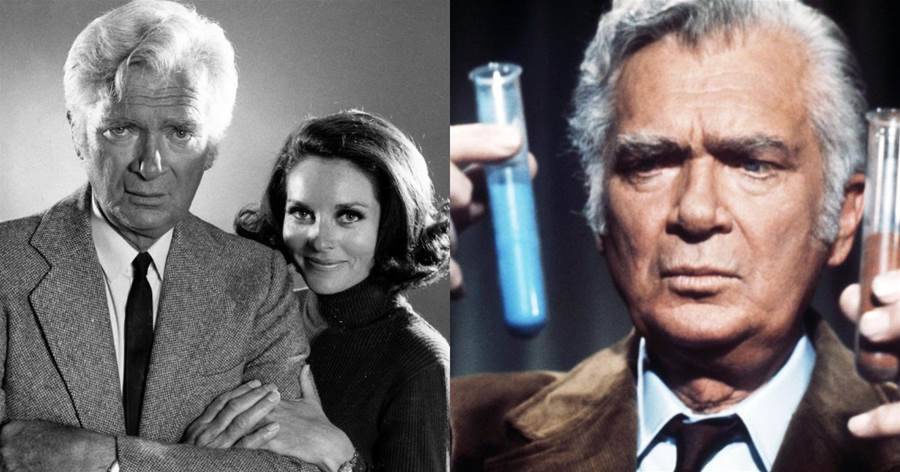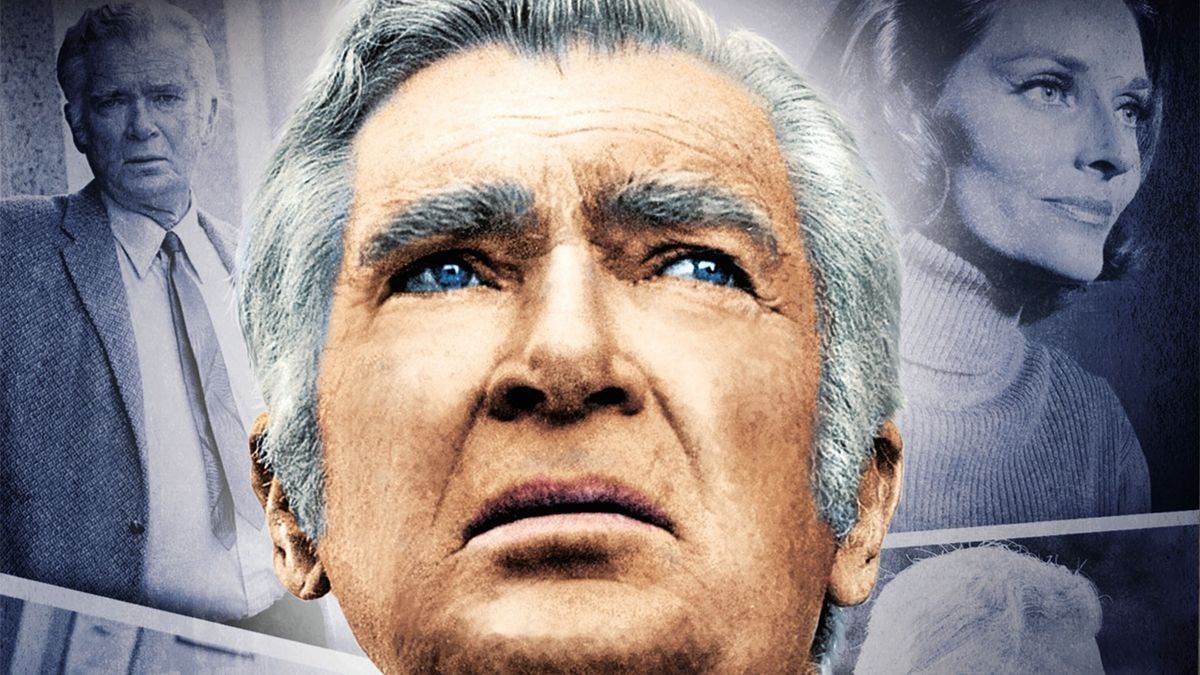
Early Years and the Path to Stardom
Born on April 2, 1908, in Belleville, Illinois, as Christian Ludolf Ebsen Jr., Buddy Ebsen's journey is one of resilience and unexpected turns.
In 1920, his family relocated to Orlando, Florida, where his father managed a dance studio—a place that became a foundation for Buddy's future. Initially setting his sights on a medical career, financial difficulties forced him to abandon these plans after high school. The pursuit of his dreams led him to New York City in 1928, where he sought a career as a dancer.
Ebsen's breakthrough came in the mid-1930s when he shared the stage with iconic performers like Shirley Temple in "Captain January" (1936) and Judy Garland in "Broadway Melody of 1938.
" His career was on an upward trajectory when he landed the role of the Tin Man in MGM’s "The Wizard of Oz" in 1939. However, a severe allergic reaction to the aluminum dust in his makeup led to hospitalization and forced him to relinquish the role.

Military Service: A New Chapter
Upon recovery, Ebsen's desire to serve his country during World War II saw him seeking a commission in the U.S. Navy. Although initially turned down, his perseverance paid off when he received a commission in the Coast Guard with the rank of Lieutenant, Junior Grade.
During the war, he served as Executive Officer on the USS Pocatello, a Coast Guard-manned Navy frigate tasked with recording weather conditions some 1500 miles west of Seattle, Washington. The role demanded both precision and resilience, hallmarks of Ebsen's character, and he served until 1946.
The War Efforts and Personal Sacrifices
Ebsen's role during the war wasn't one of frontline combat but was equally vital. Weather recording missions were crucial for planning naval and aerial operations. The conditions were often perilous, with treacherous seas and erratic weather patterns posing constant threats.
Ebsen's unwavering commitment to his duties earned him the respect and admiration of his peers. Despite not having the glamorous allure of Hollywood, his service during the war was a testament to his patriotism and dedication.

The Return to Entertainment
After his military service, Ebsen returned to the entertainment industry. He achieved significant milestones, with roles in films like "Breakfast at Tiffany's" and as George Russell in Disney’s "Davy Crockett.
" However, it was television where he truly made a lasting impact. His portrayal of Jed Clampett in CBS's "The Beverly Hillbillies" spanned nine seasons with 274 episodes, a role that made him a household name. He later starred in the detective series "Barnaby Jones" from 1973 to 1980, further cementing his legacy in American television.
Legacy and Reflection
Buddy Ebsen's life was marked by versatility, resilience, and a dedication to his craft and country. His journey from a hopeful medical student to a celebrated entertainer and a war veteran is inspirational.
Ebsen's story is not just about the glamour of Hollywood or the valor of military service; it is about the invaluable lessons of persistence, adaptability, and unwavering commitment to one's responsibilities.
The Human Side of Ebsen
Despite his fame and successful career, Ebsen faced numerous challenges. His early brush with financial hardship, the health setbacks, and the demands of military service shaped his character. Ebsen's experience in the Coast Guard and later triumphs in the entertainment industry highlight his extraordinary ability to navigate life's unpredictable paths.
His dedication to his country during its time of need reflects a sense of duty that transcends personal aspirations—a quality that makes his story profoundly human and relatable.
The Context of World War II
Understanding Buddy Ebsen’s heroics requires a grasp of the broader context of World War II. The conflict was a defining moment in global history, marked by unprecedented military mobilization and a collective effort to combat tyranny. Individuals like Ebsen, who put their careers on hold to serve their country, exemplify the spirit of their generation.
Their contributions, whether on the battlefield, in auxiliary roles, or through support operations, were critical in shaping the outcome of the war.
Lessons and Implications
Ebsen’s story offers valuable lessons. It demonstrates the importance of adaptability and resilience in the face of adversity. His ability to transition from an aspiring doctor to a dancer, from an actor to a military officer, and back to an entertainer illustrates the power of versatility. In modern times, where career paths are often non-linear, Ebsen’s life underscores the value of embracing diverse opportunities and remaining steadfast in one’s goals despite challenges.
A Final Salute
Buddy Ebsen passed away on July 6, 2003, at 95. His ashes were scattered at sea, a fitting tribute to a man who served both on screen and in the navy. His legacy, spanning over seven decades in the entertainment industry and marked by his wartime contributions, remains a beacon of dedication and adaptability. As we remember his service, we reflect on the broader significance of individual contributions during times of collective struggle and the enduring impact of resilience and duty.
Let us keep his memory alive, not only as a tribute to his talents and service but as a reminder of the diverse ways one can contribute to society. Buddy Ebsen's story serves as a bridge, connecting the glamour of Hollywood with the grit of wartime service, and leaves a lasting lesson in patriotism, resilience, and human spirit. Lest We Forget.



















